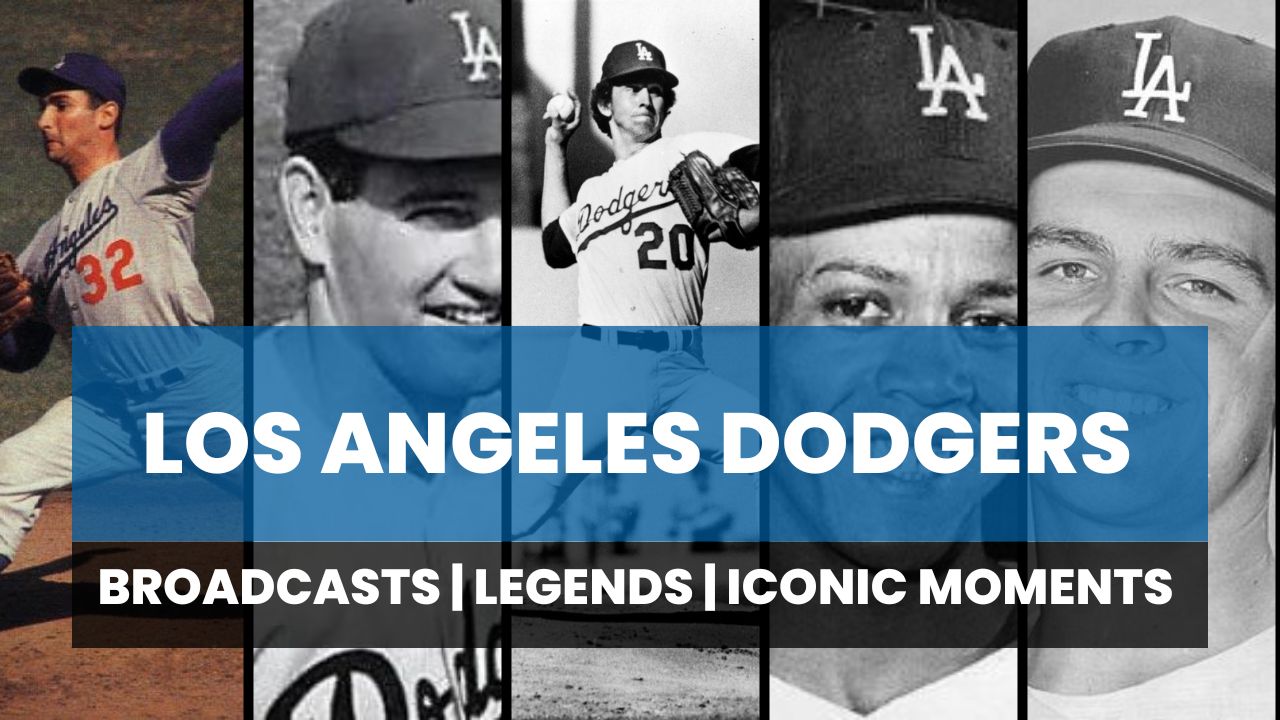When Baseball Goes Viral
I found this article on the White Sox History Page on Facebook –
When Baseball Goes Viral
As the pandemic has taken the beginning of the season away from us, I started to think about all the times in the past that baseball has had to deal with issues of a viral nature.
I figured that my research would take me back to the Spanish Flu in 1918 and 1919, but I was in for quite the shock.
There was actually some evidence that the first organized games ever played in the United States were put on after the Civil War in response to an outbreak of Yellow Fever. The doctors at the time believed that the benefits of physical activity, coupled with fresh air and sunshine, might help curb the spread of the fever and speed recovery.
In the early 1900’s, Smallpox outbreaks were rampant. In some areas people with the infection, yet still deemed healthy enough, formed Smallpox only teams around the country and played in some limited league games during outbreaks. So much for social distancing.
During the outbreak of the Spanish Flu in 1918 and 1919 Major League Baseball was actually hit quite hard. A couple of umpires died and the White Sox had a former player, Larry Chappell, succumb to the disease while he served in WWI overseas. There was no Commissioner of Baseball at the time and the access to news of the spread and extent of the outbreak was not very good, thus players and umpires kept on working, all the while exposing themselves to the deadly virus. Ultimately six players would be claimed during the outbreak
No one seems to be quite sure when teams, and the league, started to employ medical advisers, though most evidence points to at some point during the end of the Polio crisis. It has been through this development that the league has been more efficient in protecting players and other personnel during times of health crisis.
Most notably, it was during the SARS epidemic in 2003 that the role of medical adviser really became prominent. The outbreak, centered in the American League city of Toronto, threatened to derail several games that were scheduled to be played in the city during the peak viral spread period. The White Sox were one of the teams impacted, as they had a trip scheduled there, and ultimately Hark Harrelson decided not to make the trip as he was considered to be in the high risk category at the time. With the assistance of the medical advisers at the time all proper precautions were put in place and the game went on.
Finally, in 2016, MLB had some games scheduled in Puerto Rico around the same time of the Zika outbreak. With the help of the medical advisers and other league officials, those games were moved back to the states as the risk simply outweighed the reward.
Baseball has had it’s share of run-ins with disease and outbreaks, a game as old and storied could not possibly avoid it. COVID-19 is not new in it’s impact on the game.
We at White Sox History hope that all players, members of this page and your families are following the appropriate precautions and are staying healthy in anticipation of the start of another great season!

